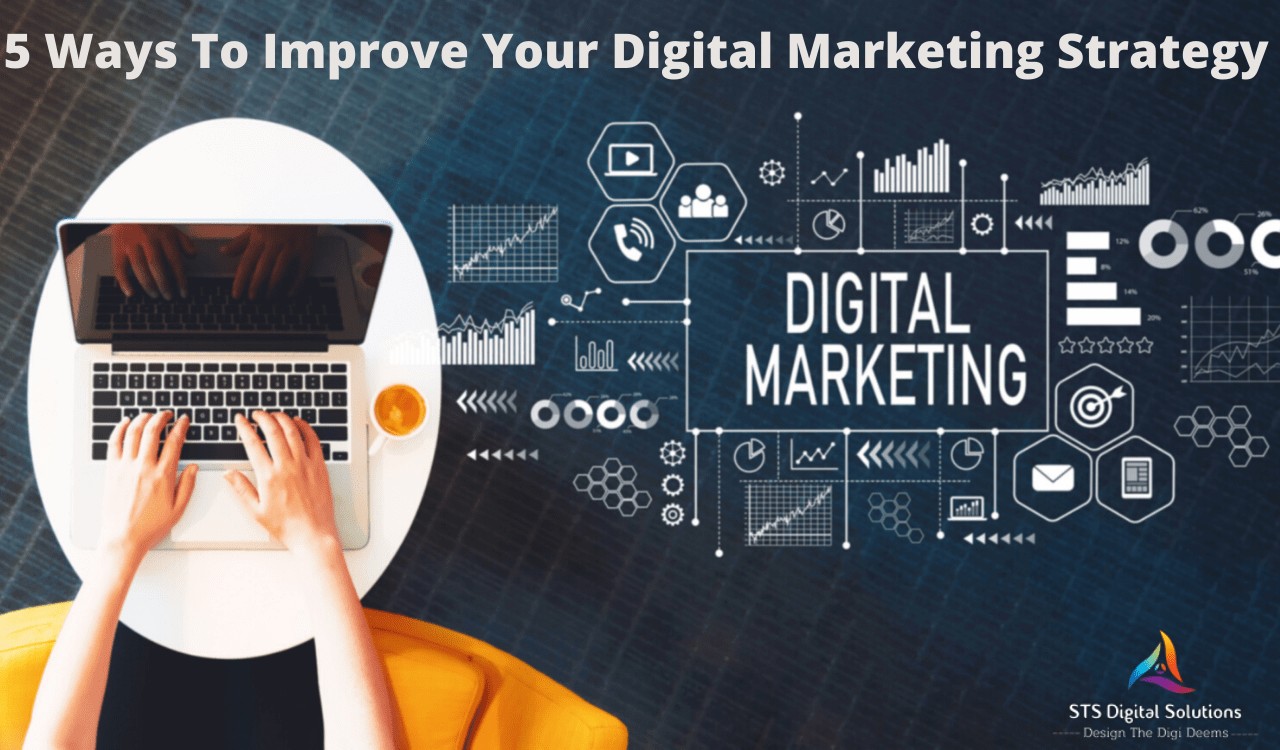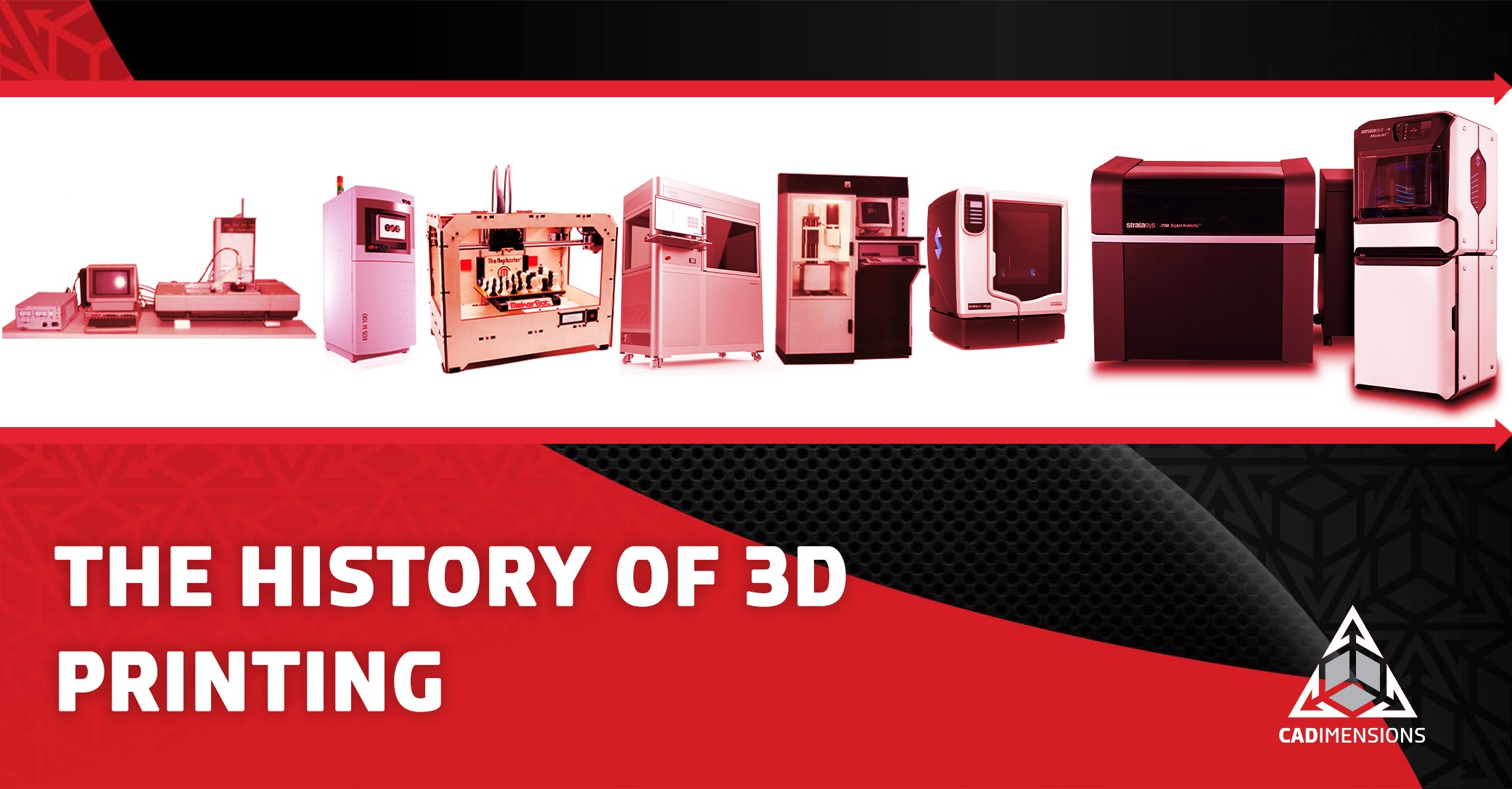The marketing landscape has undergone a seismic shift, transforming from a realm of intuition and broad strokes to one driven by data, personalization, and real-time engagement. At the heart of this evolution lies technology, which has fundamentally reshaped how businesses understand their customers, craft compelling messages, and measure the effectiveness of their campaigns. In today’s hyper-connected world, leveraging technology is no longer an optional add-on for marketers; it’s the indispensable engine that powers a truly effective, adaptive, and customer-centric marketing strategy.
One of the most profound ways technology enhances marketing is through **data collection and analysis**. Gone are the days of relying solely on demographic assumptions. Modern marketing technology, including Customer Relationship Management (CRM) systems, marketing automation platforms, and web analytics tools, allows businesses to gather vast amounts of granular data on customer behavior. This includes website visits, click-through rates, purchase history, email engagement, social media interactions, and even offline sales data. Tools like Google Analytics, Adobe Analytics, and various CRM solutions provide sophisticated dashboards and reporting capabilities that turn raw data into actionable insights. For example, an e-commerce brand can analyze customer journeys on its website to identify common drop-off points, then optimize those pages to improve conversion rates. This data-driven approach allows marketers to understand customer segments more deeply, identify trends, and uncover previously hidden opportunities, moving beyond guesswork to informed decision-making.
Building on this rich data foundation, technology enables unparalleled **personalization and targeted messaging**. Generic marketing campaigns often fall flat in a crowded digital space. Artificial Intelligence (AI) and Machine Learning (ML) are now allowing marketers to deliver highly relevant and individualized experiences at scale. AI algorithms can analyze customer profiles and real-time behavior to predict preferences, recommend products, and tailor content in ways that resonate deeply with individual consumers. Imagine an online clothing retailer that, based on your Browse and purchase history, automatically sends you an email showcasing new arrivals in your preferred style and size, or displays personalized product recommendations on their website. Marketing automation platforms, integrated with CRM systems, can trigger automated email sequences, social media ads, or website pop-ups based on specific user actions, ensuring timely and contextually relevant communication. This level of personalization dramatically increases engagement, improves customer satisfaction, and drives higher conversion rates.
Furthermore, technology has revolutionized **content creation and distribution**, making it more efficient, scalable, and impactful. Generative AI tools are now assisting marketers in drafting compelling ad copy, social media posts, blog outlines, and even basic video scripts, significantly reducing the time and resources traditionally required for content generation. While human creativity remains essential, AI can provide a powerful starting point, help with brainstorming, and optimize content for search engines and specific audience segments. For distribution, social media management platforms, content management systems (CMS), and email marketing tools automate scheduling, publishing, and audience segmentation, ensuring that content reaches the right people at the right time through the most effective channels. This automation allows marketing teams to maintain a consistent brand voice across multiple platforms and scale their content efforts without proportional increases in manual labor.
The ability to conduct **real-time campaign optimization and A/B testing** is another significant technological advantage. Digital advertising platforms, such as Google Ads and Meta Ads, offer sophisticated analytics dashboards that provide immediate insights into campaign performance. Marketers can monitor key metrics like impressions, clicks, conversions, and return on ad spend (ROAS) in real-time. This immediacy allows for rapid adjustments to ad creatives, targeting parameters, and bidding strategies, ensuring that marketing budgets are spent as effectively as possible. A/B testing tools allow marketers to run simultaneous experiments, comparing different versions of a landing page, email subject line, or ad copy to scientifically determine which performs best. This iterative, data-driven approach to optimization continuously refines marketing efforts, driving incremental improvements that accumulate into substantial gains.
Finally, technology enables robust **marketing attribution and Return on Investment (ROI) measurement**. In the past, understanding which marketing efforts truly led to a sale or lead was often murky. Today, sophisticated attribution models, supported by marketing analytics platforms, can track customer journeys across multiple touchpoints—from initial social media exposure to a specific ad click and final conversion. This provides a clearer picture of which channels and campaigns are most effective, allowing businesses to allocate their marketing budget more strategically. By understanding the precise ROI of each marketing dollar spent, businesses can justify their investments, optimize their spend, and continuously refine their strategy for maximum impact.
In conclusion, technology is no longer merely a tool for marketing; it is an intrinsic component of a successful, modern marketing strategy. By harnessing the power of data collection and analysis, enabling hyper-personalization, streamlining content creation and distribution, facilitating real-time optimization, and providing clear ROI measurement, technology empowers marketers to move beyond traditional guesswork. It allows for a more scientific, precise, and customer-centric approach, fostering deeper engagement, driving higher conversions, and ultimately building stronger brands in an increasingly competitive digital marketplace. Businesses that fully embrace and intelligently integrate these technological advancements will be the ones that truly thrive in the marketing landscape of tomorrow.




